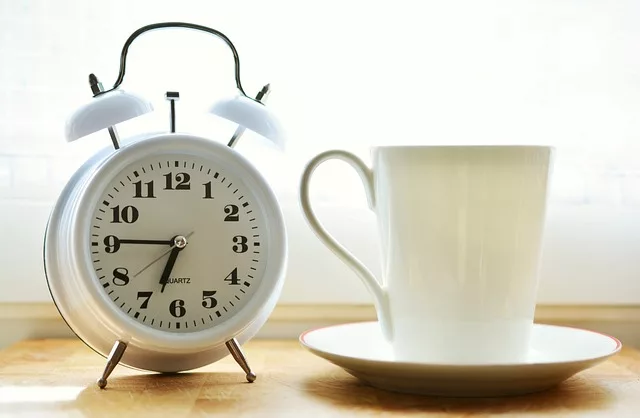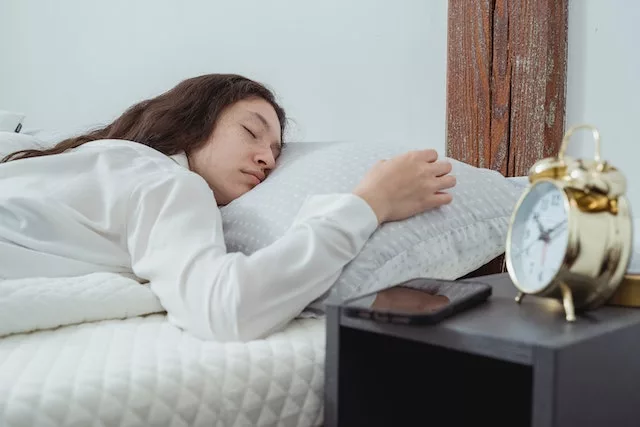In our fast-paced and demanding world, finding time to rest and recharge is crucial for maintaining productivity and overall well-being. While many people turn to caffeine or energy drinks to combat fatigue, there’s a natural and effective solution that requires no additives or stimulants—napping. Napping is not just for children or lazy afternoons; it offers numerous benefits for adults as well. In this article, we’ll explore the benefits of napping and why it should be embraced as a valuable tool for optimizing your productivity and enhancing your health.
Increased Alertness and Cognitive Function
One of the most immediate benefits of napping is its ability to enhance alertness and cognitive function. Research has shown that a short power nap of 20-30 minutes can significantly improve alertness, concentration, and memory recall. When you feel a midday slump approaching, taking a quick nap can be the key to rejuvenating your mind and boosting your productivity for the remainder of the day.
Improved Learning and Information Retention
Napping not only enhances cognitive function but also improves learning and information retention. During sleep, your brain consolidates and processes newly acquired information, leading to better memory formation. By incorporating napping into your routine, you give your brain the opportunity to strengthen neural connections, improving your ability to retain and recall information effectively.
Enhanced Creativity and Problem-Solving
Have you ever noticed that some of your best ideas or solutions come to you after a nap? That’s because napping has been shown to enhance creativity and problem-solving abilities. During sleep, your brain makes connections between seemingly unrelated concepts, leading to unique insights and innovative thinking. By allowing your mind to rest through napping, you open up the potential for fresh perspectives and creative breakthroughs.
Stress Reduction and Mood Enhancement
Chronic stress can have detrimental effects on both your physical and mental health. Fortunately, napping can serve as a powerful stress-reduction technique. When you take a nap, your body releases hormones that counteract the effects of stress, such as cortisol. Additionally, napping helps regulate emotions and stabilize mood, leading to increased positivity and overall well-being.
Increased Energy and Physical Performance
It’s no secret that fatigue can hinder your physical performance and diminish your energy levels. Napping acts as a natural energy booster, replenishing your energy reserves and combating fatigue. Studies have demonstrated that even a short nap can improve athletic performance, reaction times, and coordination. Whether you’re an athlete or simply looking to enhance your daily activities, a well-timed nap can provide the energy boost you need.
Conclusion
Napping offers a multitude of benefits that can optimize your productivity, improve your cognitive abilities, and boost your overall well-being. By incorporating napping into your daily routine, you can experience increased alertness, enhanced learning, improved creativity, reduced stress, and heightened physical performance. Embrace the power of napping as a valuable tool for achieving success in both your personal and professional life. Remember, a well-rested mind is a powerful mind. So, take a break, close your eyes, and let the benefits of napping propel you towards a more productive and fulfilling life.
Image by Luisella Planeta LOVE PEACE 💛💙 from Pixabay
Sleep
-

How to Snack at Night to Sleep Well?
Snacking is a common part of modern eating habits, often providing a source of comfort and satisfaction. However, the timing and content of these snacks can have significant effects on various aspects of health, including sleep. In this article, we will explore the relationship between late-night snacking and sleep, highlighting the potential impacts on sleep…
-

What is a Sleep Log and why you need one: Unlocking the Secrets to Better Rest and Overall Health
-

Exploring the Relationship Between Intermittent Fasting and Sleep Quality
-

The Role of Hormones in Sleep and Natural Ways to Improve Hormone Health for Better Sleep
-

The Powerful Diet and Sleep Connection: Understanding the Impact
-

How to master the Art of Power Naps: A Guide to Healthy and Effective Power Naps
-

7 Essential Oils in Aromatherapy to Promote Sleep









Leave a Reply